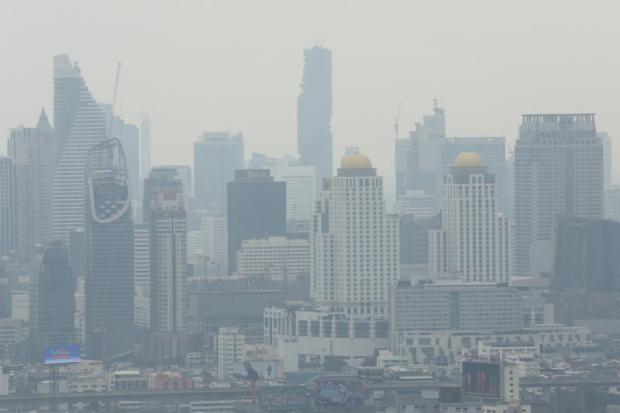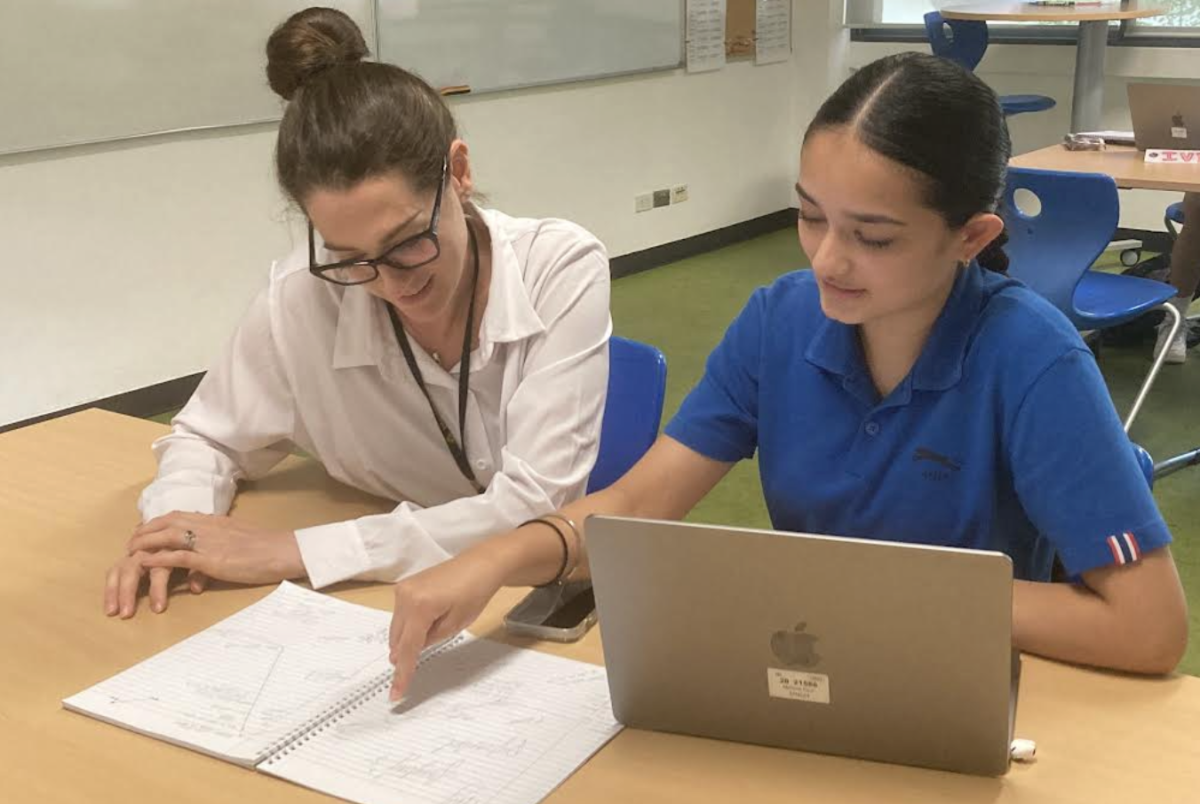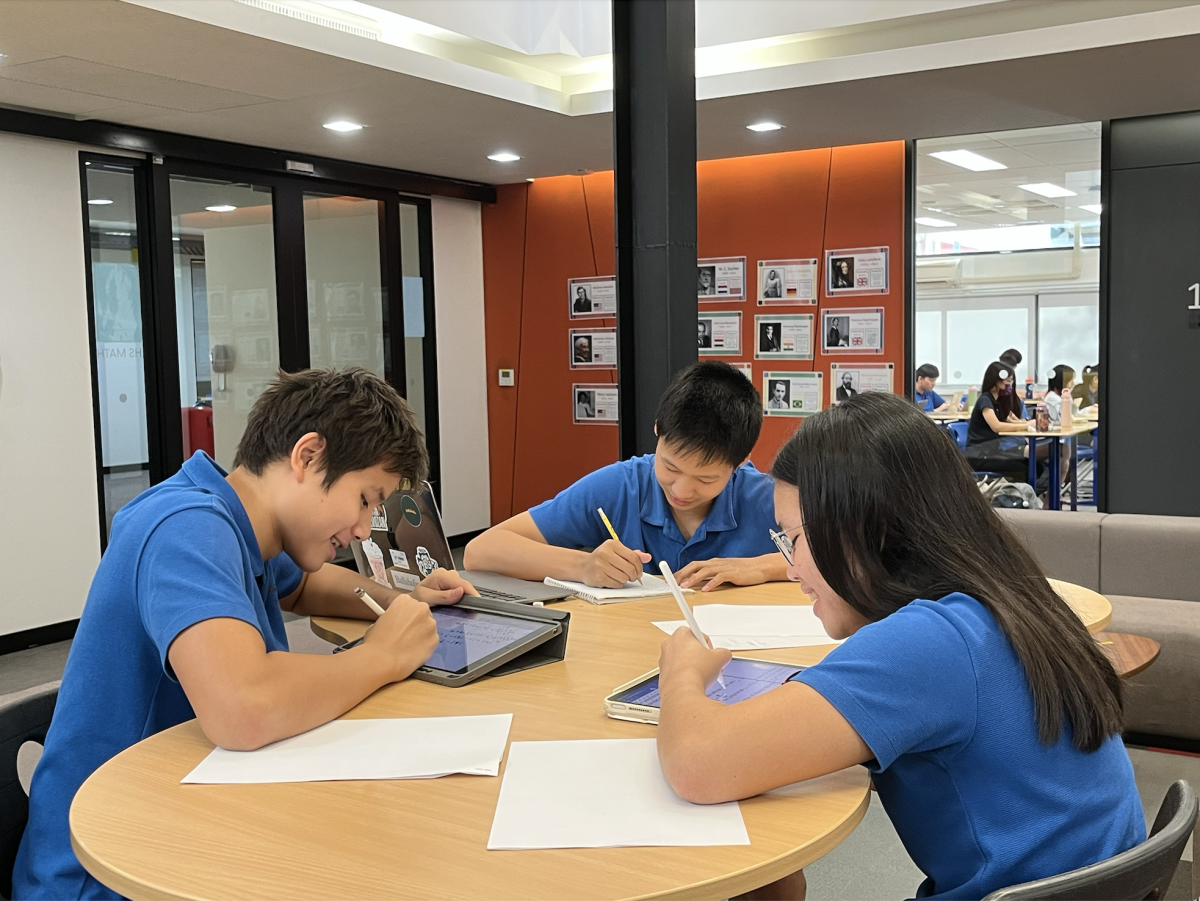Two weeks ago, ISB was closed on Thursday and Friday due to air pollution, giving students an unexpected four day weekend. While a lot of students may have appreciated this sudden break, the reality is that pollution is a serious concern, especially when it comes to the point of school being cancelled. Information on this topic was obtained by Mr. Hevland, the head of security here at ISB, who gave some insightful input on the topic of pollution.
The pollution problem is serious in a metropolis such as Bangkok, which is densely populated. Many of Bangkok’s citizens drive vehicles, cars and motorbikes specifically. Due to the countless amount of vehicles, and seemingly endless traffic, these cars make up a large amount of the pollution. Transportation vehicles emit many toxins such as nitrogen oxides and carbon monoxide into the air. These hydrocarbons expand into the air, holding responsibility for around a quarter of Bangkok’s air pollution. Another factor contributing to the air pollution of Bangkok is manufacturing and industrial work. These companies that produce essential products often release large amounts of hydrocarbons, organic compounds and other chemicals at once into the air, creating a densely concentrated amount of pollution, which spreads into the air. These two factors are predominant contributors to why the air here in Bangkok is becoming increasingly polluted.
Mr. Hevland gave PantherNation some insightful information about the pollution issue and how it affects not only Bangkok but our community as well. He explained that everyone has different responses to pollution, depending on whether or not some people are affected with sicknesses that make it more difficult. Mr. Hevland described how the pollution level is much lower in Nonthaburi and around Nichada compared to downtown Bangkok. Additionally, he added that, as stated earlier, a substantial contributor to the pollution in Bangkok is the surplus of vehicles that emit pollutants into the air. Mr. Hevland stated that shutting down schools would mean that there would be less cars on the roads emitting these toxins into the air, which is one of the key reasons why ISB was shut down. However, Mr. Hevland did add that the environment in and around ISB is much cleaner than the downtown environment, and so ISB would’ve been able to function just fine. Nonetheless, a considerable portion of ISB’s student and teacher body comes to school from downtown Bangkok, and although it is only a small portion, their vehicles would have added on to the pollution issue.
We hope that this issue that extensively affects our community can be combated. Mr. Hevland has given some insightful information proving that ISB is working on ways to mitigate the threat of pollution. There are many contributors to pinpoint what exactly is causing the pollution, and a lot of these factors are simply things to deal with in a metropolis like Bangkok. The excess of vehicles combined with the manufacturing industries cause for inevitable pollution. Though it can be limited, it is not something that can go away completely.












